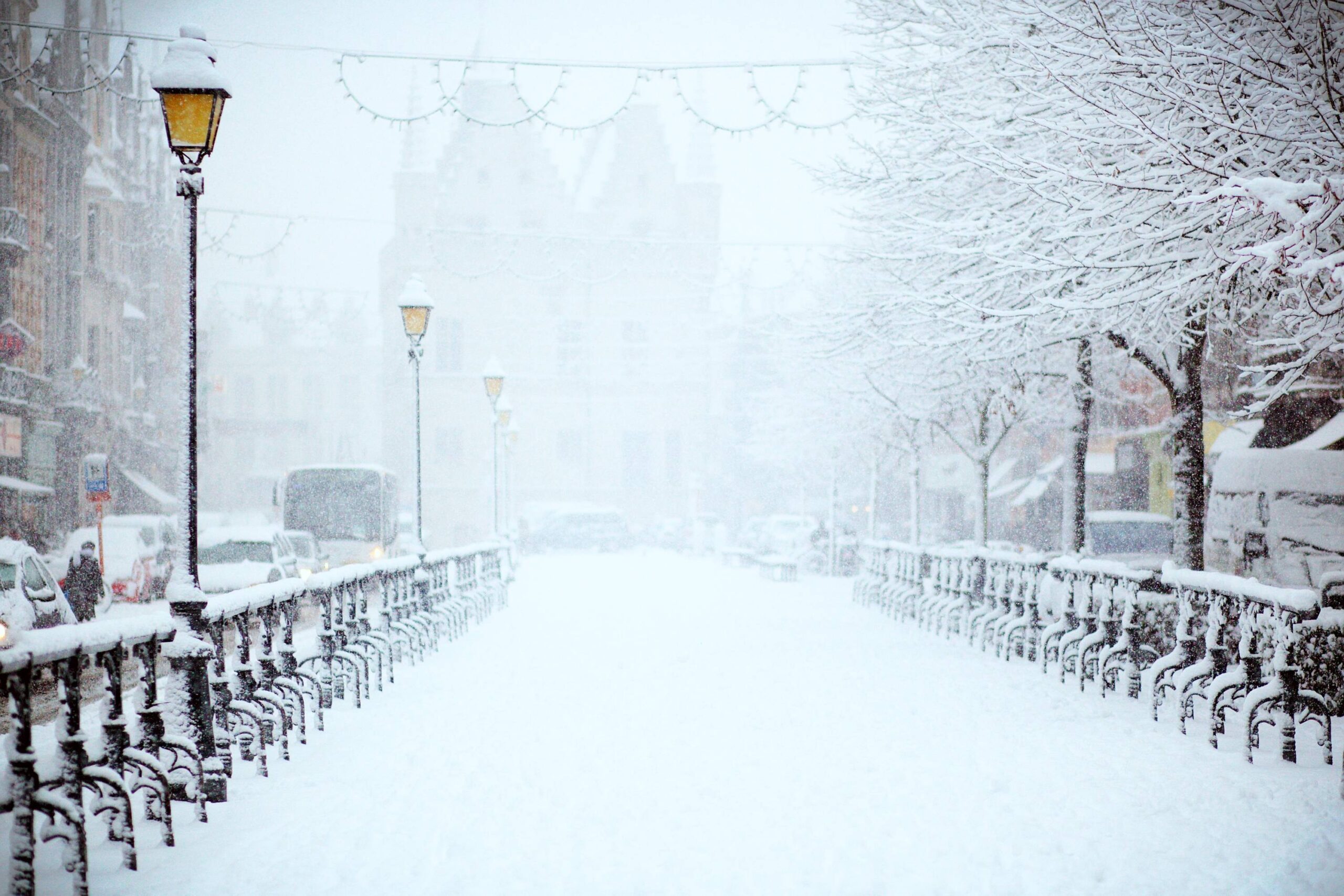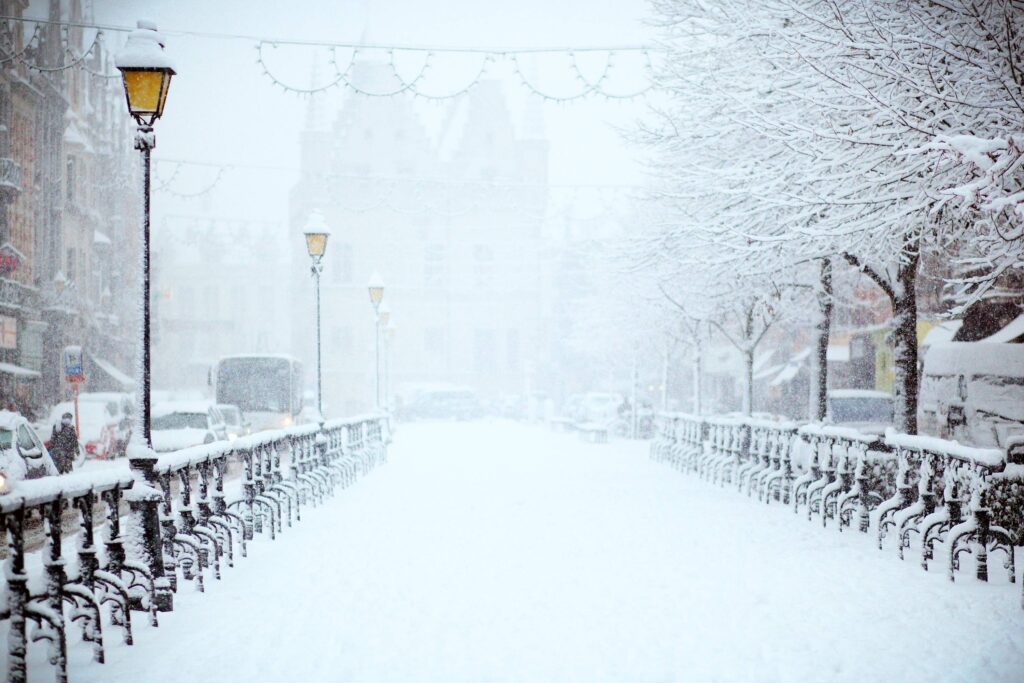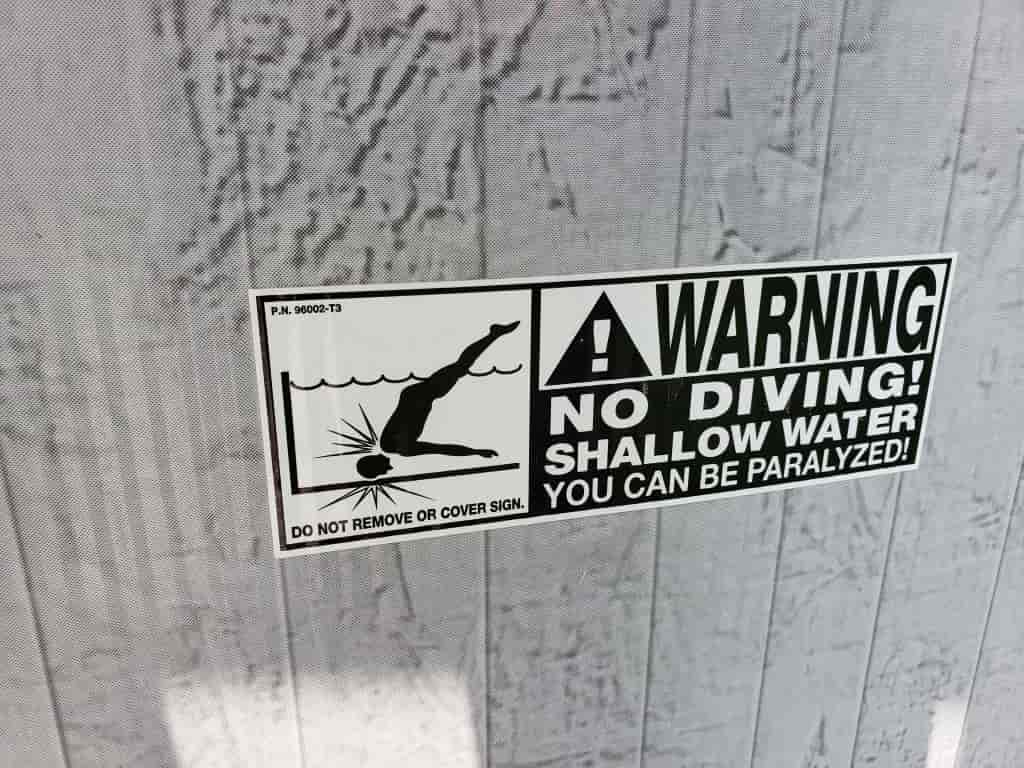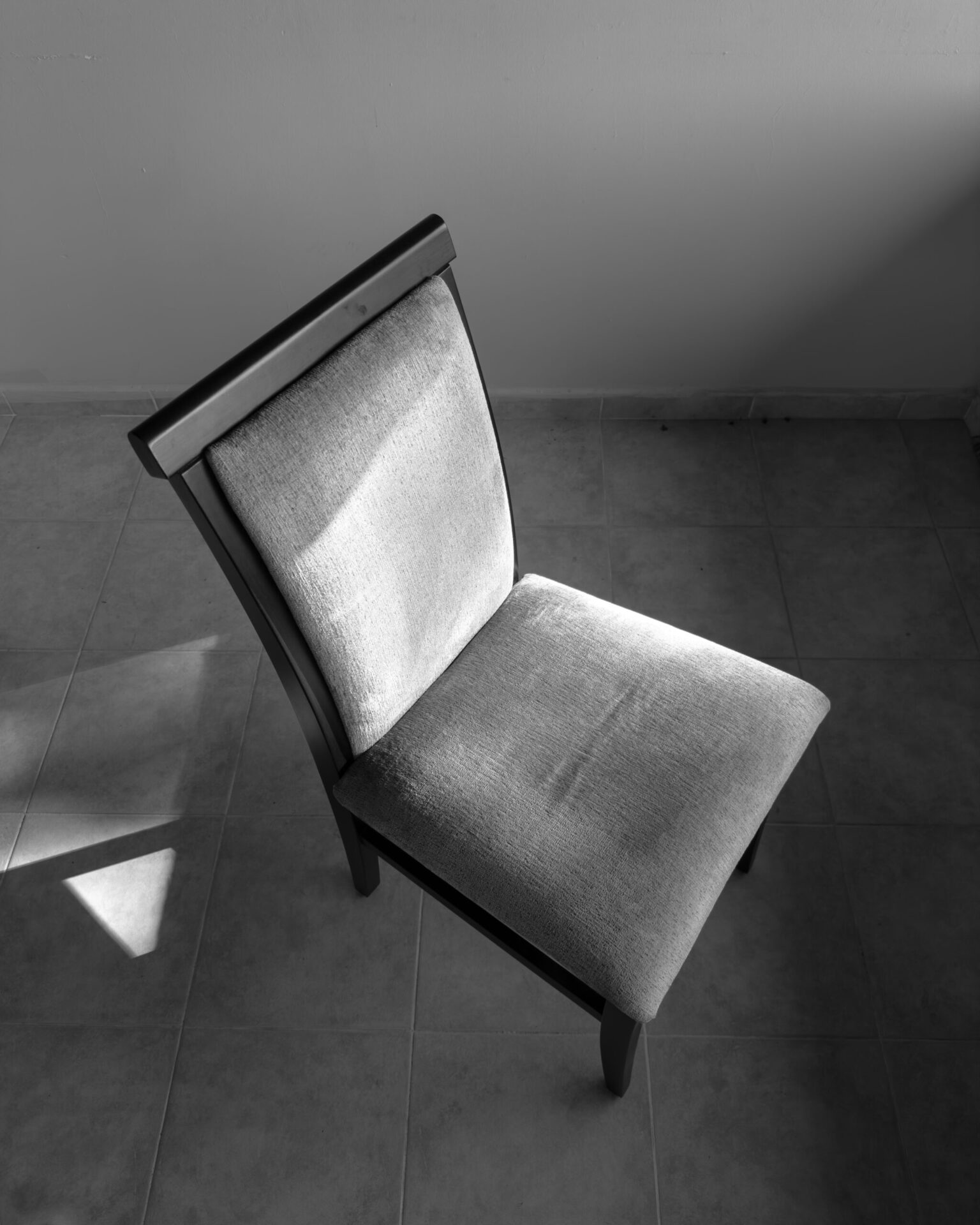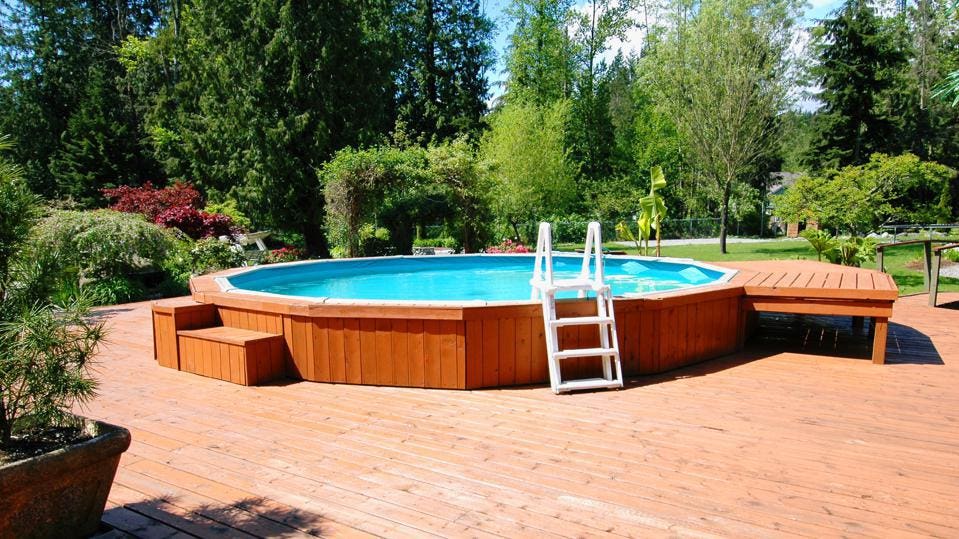If you’ve ever wondered what becomes of above-ground pools during those cold winter months, you’re in for a treat. When the temperatures drop and snow starts to fall, these pools undergo a fascinating transformation. From the freezing of water to the impact of snow and ice, let’s explore the unique journey that above-ground pools go through in the winter. Get ready to uncover the surprising secrets that these pools hold when the winter season arrives.
This image is property of images.unsplash.com.
Lack of Use
During the winter months, one of the main reasons why above-ground pools are often neglected is the limited swimming opportunities. The cold weather and freezing temperatures make it extremely uncomfortable, if not impossible, to enjoy a relaxing swim in the pool. As the temperatures drop, most people prefer to stay indoors and find alternative activities to stay active and entertained.
In addition to the lack of use, another factor contributing to the neglect of above-ground pools in the winter is the decreased maintenance. With limited swimming and fewer people using the pool, there is often a tendency to overlook or delay pool maintenance tasks. This can result in various issues, such as algal growth, chemical imbalances, and damage to pool equipment.
Freezing Temperatures
One of the major concerns during the winter season is the possibility of water freezing in the pool. The freezing temperatures can cause the water to expand, leading to potential damage to the pool structure. Without proper care and precautions, the expanding ice can result in cracks or even structural failure, compromising the integrity of the pool.
To prevent such damage, it is crucial to take steps to ensure the water does not freeze. This can be done by regularly running the pool pump, circulating the water, and using pool covers to retain and distribute heat. By maintaining proper water circulation and ensuring the temperature of the water stays above freezing point, you can minimize the risk of freezing and protect your pool from any structural damage.
Snow Accumulation
Another challenge faced by above-ground pool owners during the winter is snow accumulation. The weight of snow can put significant pressure on the pool walls and cause them to collapse or buckle under the strain. This can lead to costly repairs and potentially render the pool unusable.
To prevent damage from snow accumulation, it is essential to regularly remove the snow from the pool cover. Using a snow rake or a pool-friendly shovel, gently and carefully remove the snow without putting any additional stress on the pool structure. By doing so, you can prevent the build-up of excessive weight and maintain the integrity of your pool throughout the winter season.
Chemical Imbalance
Maintaining the chemical balance of the pool water is crucial for the overall health and cleanliness of the pool, even during the winter months. However, during this time, reduced circulation of water poses a challenge in maintaining the desired chemical balance.
With limited use of the pool and decreased filtration, the water can become stagnant, leading to an imbalance in the chemical levels. This can result in the growth of harmful bacteria, algae, and other contaminants. To avoid such issues, it is important to continue testing the water’s chemical levels regularly and make adjustments as necessary. Additionally, running the pool pump periodically can help circulate the water and minimize the risk of chemical imbalances.
This image is property of images.unsplash.com.
Covering the Pool
Covering the pool during the winter season offers several benefits. Firstly, a pool cover helps retain the heat in the water, preventing it from freezing. This significantly reduces the risk of structural damage caused by frozen water. Secondly, a pool cover acts as a protective barrier against debris, preventing leaves, twigs, and other unwanted materials from entering the pool. This saves both time and effort in cleaning the pool once the winter season is over.
There are various types of pool covers available, including solid covers, mesh covers, and safety covers. Solid covers provide a complete barrier, blocking out sunlight and preventing the growth of algae. Mesh covers, on the other hand, allow water and melted snow to pass through, but still serve as a protective layer. Safety covers are designed to support weight and provide a secure barrier, making them an excellent choice if you live in an area with heavy snowfall.
Algae Growth
Despite the cold temperatures, algae growth can still occur in above-ground pools during the winter season. This is often caused by factors such as lack of proper chemical balance, insufficient circulation, and the presence of organic matter in the water. Algae growth not only ruins the aesthetic appeal of the pool but can also pose health risks to the swimmers.
To deal with algae issues, it is important to maintain the appropriate chemical balance in the pool water and ensure proper water circulation. Regularly testing the water and adjusting the chemical levels, even during the winter, can help prevent algae growth. Additionally, using algaecides and other winterizing chemicals can provide an extra layer of protection against algae.
This image is property of images.unsplash.com.
Pump and Filter Maintenance
Proper maintenance of the pool’s pump and filter system is essential for the longevity and efficiency of the equipment. Winterizing your pump and filter helps prevent damage from freezing temperatures and prolongs their lifespan.
To winterize the pump, start by turning off the power and draining any remaining water. Remove and clean the filter to remove any debris or contaminants. Store the pump and filter in a dry and protected area, ensuring they are properly covered to prevent any potential damage from freezing temperatures.
Regularly inspecting and servicing the pump and filter system before and after the winter season can help identify any issues and ensure optimal performance when the pool is reopened for the summer.
Draining the Pool
Draining the pool is not always necessary during the winter season, but there are certain circumstances where it becomes a necessity. If you live in an area with extremely cold temperatures that can cause the water to freeze solid, draining the pool may be the best course of action to avoid any potential damage. Additionally, if the pool is in need of repairs or renovations, winter can be an ideal time to drain it.
It is important to follow proper procedures for draining the pool to avoid complications. Start by turning off the power and removing any accessories or equipment from the pool. Then, gradually lower the water level, allowing for proper drainage without causing any damage to the pool structure. Once the pool is drained, clean and cover it properly to protect it from any debris or other potential damage during the winter months.
Winterizing Products
There are various winterizing products available in the market to help protect your above-ground pool during the winter season. These products are specifically designed to minimize the risks associated with freezing temperatures, snow accumulation, and chemical imbalances.
Winterizing products include pool antifreeze, algaecides, winterizing chemicals, and pool covers. Pool antifreeze can help prevent water from freezing and reduce the risk of damage to the pool structure. Algaecides and winterizing chemicals can be used to maintain the desired chemical balance and prevent the growth of algae and bacteria. Different types of pool covers, as mentioned earlier, offer varying levels of protection against the elements during the winter months.
Before using any winterizing products, it is important to carefully read and follow the manufacturer’s instructions to ensure their effectiveness and proper usage.
Preparation for Spring
As the winter comes to an end, it is necessary to reopen the pool and perform several cleaning and maintenance tasks to prepare it for the upcoming swimming season. Start by removing the pool cover and cleaning it thoroughly before storing it away. Inspect the pool for any damages or repairs that may be needed. Remove any debris or leaves from the pool and clean the filter system. Reconnect and prime the pump, and then test and balance the water chemistry.
Additionally, it is recommended to shock the pool with the appropriate chemicals to ensure it is safe and ready for use. Regularly maintaining and cleaning the pool throughout the spring and summer seasons will help prolong its lifespan and provide a safe and enjoyable swimming environment for you and your loved ones.
In conclusion, taking care of an above-ground pool during the winter season requires proper maintenance, awareness of potential issues, and the use of winterizing products. By addressing the lack of use, freezing temperatures, snow accumulation, chemical imbalances, algae growth, pump and filter maintenance, draining the pool if necessary, utilizing winterizing products, and adequately preparing for spring, you can ensure the longevity, safety, and enjoyment of your above-ground pool all year round.
